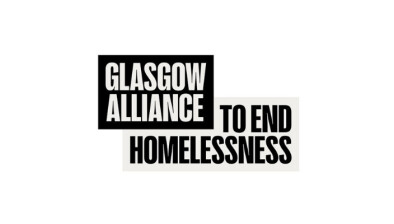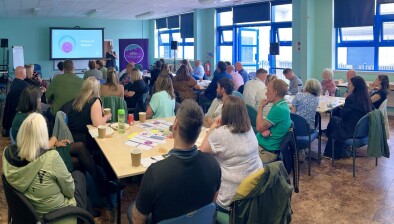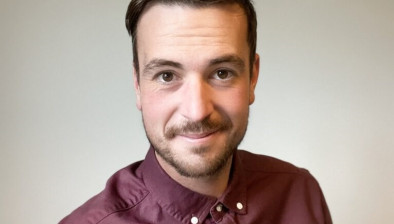Glasgow pledges to end use of ‘shared air’ night shelters following powerful testimony
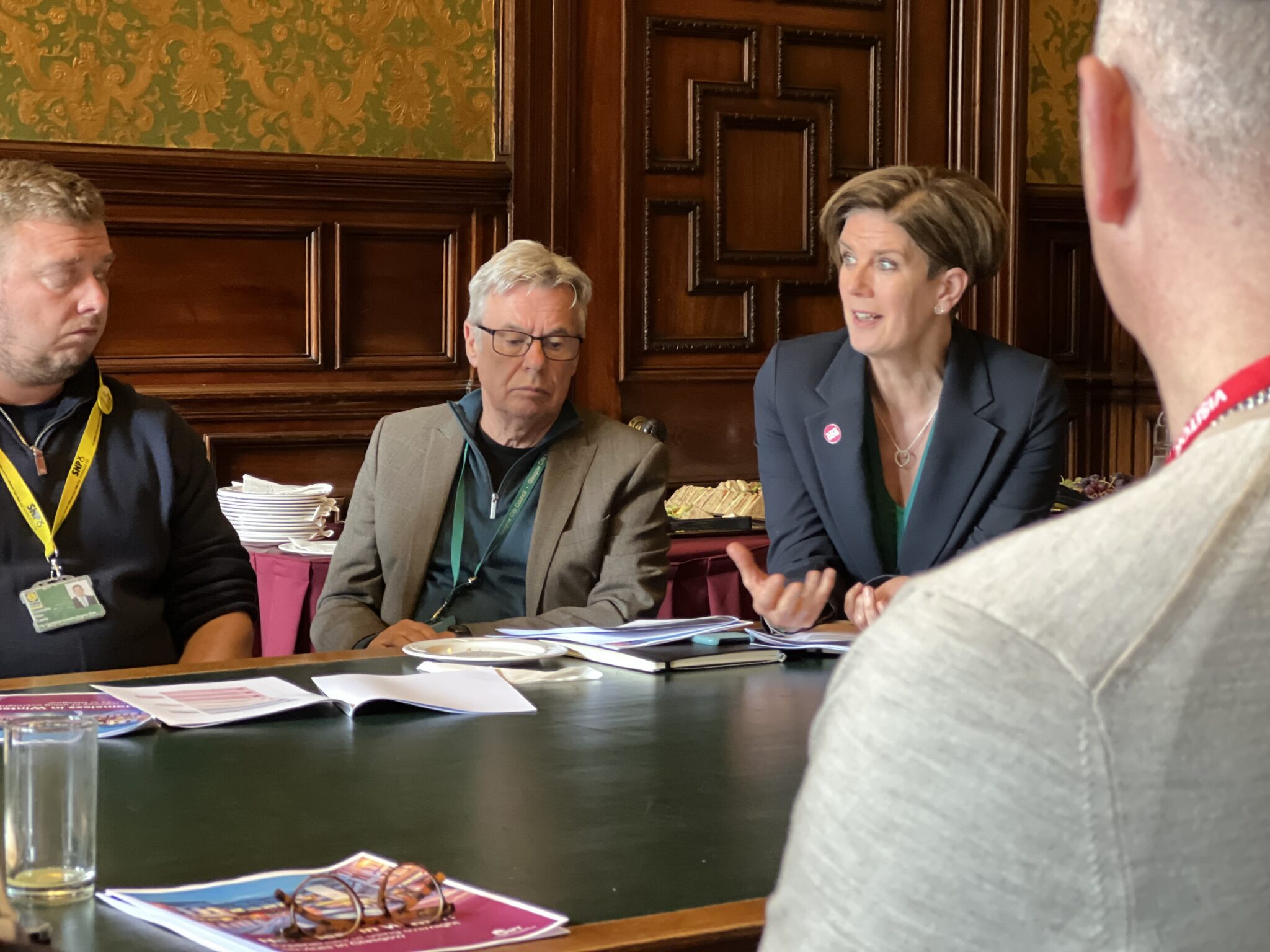
Susanne Millar, chief executive of Glasgow City Council, at the summit with Cllr Chris Cunningham and housing convener Allan Casey
Glasgow City Council has committed to the principle that there should be no ‘shared air’ communal night shelters in the city after hearing hard-hitting testimony of the damaging impact they had on people who were homeless last winter.
This commitment was made during a summit hosted by the Glasgow Homelessness Involvement and Feedback Team (GHIFT), which shared findings from a recent investigation into people’s experiences of such shelters.
GHIFT, a group comprised of individuals with lived experience of homelessness, invited councillors, officials, and MSPs to hear firsthand testimony and inform urgent decisions for this winter and beyond.
Attendees heard harrowing stories from individuals who felt unsafe, disrespected, and traumatised in shared shelter environments. Some said they preferred sleeping rough or sofa surfing over returning to night shelters that compromised their dignity and safety.
GHIFT also presented examples of good practice and highlighted what people want from overnight services: safety, privacy, and direct access to support.
Their survey, conducted earlier this year, examined the impact of recent changes to winter homelessness services in Glasgow. It underscored how being roofless during extreme weather, whether freezing cold, heavy rain, or heatwaves, severely endangers people’s physical and mental health.
Glasgow has Scotland’s highest rate of rough sleeping, ahead of Edinburgh, Fife, and Highland. While previous winters saw the city operate a welcome centre in partnership with charities, offering individual rooms, meals, and rapid access to accommodation, this provision was absent last year.
Rising homelessness, acute housing shortages, and overstretched budgets meant the welcome centre could not be delivered, leaving people with fewer safe options during the harshest months.
GHIFT has urged city leaders to urgently restore a triage-focused welcome centre for the coming winter and commit to ending the use of communal shelters, which they say reinforce stigma and violate basic dignity.
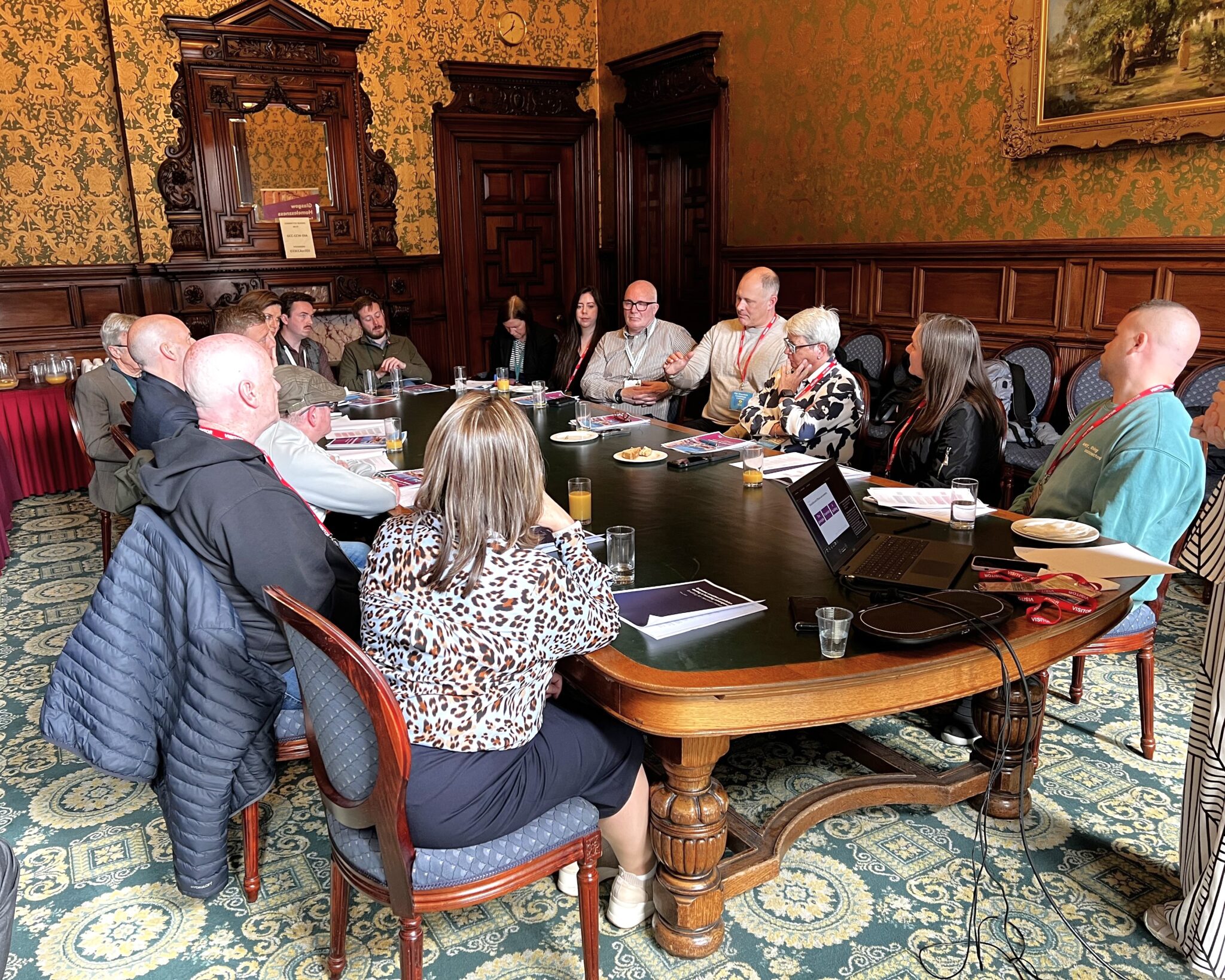
At the event, GHIFT members spoke about their survey findings, particularly safety concerns raised by women, and shared positive examples of compassionate and equality-focused support found elsewhere.
An accompanying policy briefing stressed that failing to improve provision this year is not an option. It recommended the welcome centre model as the most viable short-term solution and aligned GHIFT’s findings with international evidence on ending rough sleeping.
GHIFT welcomed a shared resolve among participants to improve winter support and uphold people’s housing rights, even amid the city’s ongoing housing emergency.
Since Glasgow declared a housing emergency in November 2023, an estimated 30 people sleep rough each night. Over 1,800 people are being accommodated in 40 unsuitable hotels and B&Bs, and the council was unable to offer temporary accommodation more than 6,300 times between April and September 2024.
Susanne Millar, chief executive of Glasgow City Council, acknowledged the serious concerns raised: “GHIFT were frank about the bad situations they uncovered in their work, and we were frank about the challenges we face and the resources we need to improve the response to homelessness in the city.
“We welcome that honest discussion. Glasgow has long been committed to eradicating use of old-style communal shelters. Over decades we have worked hard to close down unsafe places like the Bellgrove Hotel and create a modernised homelessness system.
“Everyone around the table wanted the same thing, to provide the best service possible to support people in crisis in Glasgow. The evidence GHIFT has gathered will help to inform how the city can move forward to get to that place as quickly as possible.”
A call for safe solutions
GHIFT reiterated that housing, not shelters, must be the long-term solution to rough sleeping. But with winter approaching, they stressed the need for urgent action.
“Our investigation shows that people will choose options that feel safe to them, and that shared air shelters are not a safe place to stay,” GHIFT said. “If no alternative can be provided, people are at risk of sleeping rough because what’s currently available just isn’t good enough.
“We want to feel proud of our city, and to know that Glasgow is providing places for people to sleep safe, not rough, would be a step in the right direction.
“We are really pleased with the conversations with the councillors and officials and we’re ready to collaborate with all partners to make sure the voices of people with personal experience of homelessness in Glasgow are kept at the forefront of decisions on winter planning.”
Homeless Network Scotland, who supported the event, added: “Rough sleeping is the last resort for people who have run out of places to turn to, or for people who are unable to stay where they are but don’t know where to go.
“An ideal housing system would rapidly rehouse and support people year-round, without the need for weather-specific measures. But Glasgow, like many other parts of Scotland, currently lacks the houses and funding it needs to make this a reality.
“GHIFT’s guests at the event heard the sobering truth that for some people, having no safe place to go at night in winter is literally a life-or-death situation.
“So we are clear, as are GHIFT: doing nothing is not an option. And the actions we take during the housing emergency are just as important to avoid straying further from the ideal we all aspire to. Without winter provision that prioritises safety, dignity and what works, we risk rising rough sleeping and deepening harm.
“If anyone is in doubt about the danger that causes, we recommend reading GHIFT’s report and considering the wider range of evidence that is available to help decision making.”




